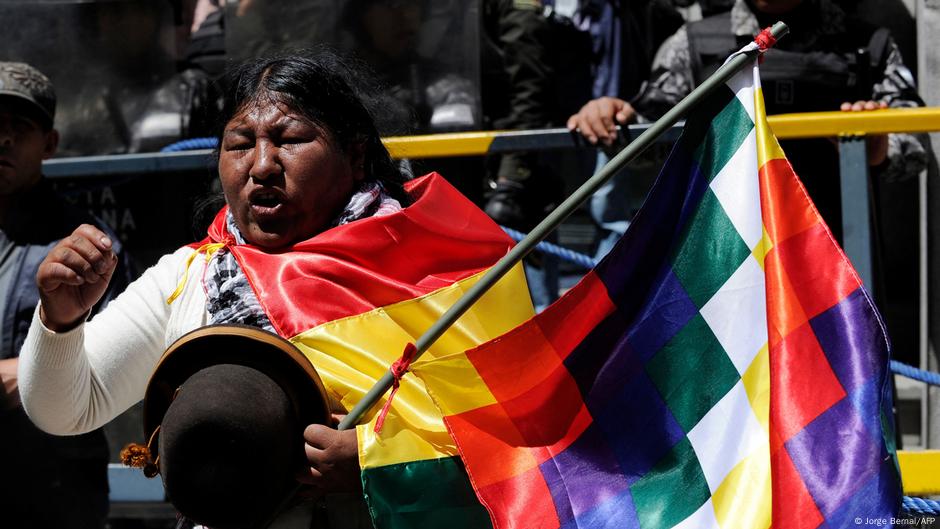At the start of this half-decade, Bolivia’s former president Evo Morales was still touting the “Bolivian economic miracle,” proposing his protégé Luis Arce as the presidential candidate for the Movement for Socialism (MAS). However, it has since become common to assert that Bolivia is experiencing a “multiple crisis.” This situation has been fueled by the fragmentation of the once-monolithic MAS and the increasingly bitter conflict between “Evistas” and “Arcistas.” Allegations of corruption and even drug trafficking networks have plagued the government, with Morales himself facing accusations of statutory rape, obstruction of elections, and terrorism.
By the end of last year, some media outlets were predicting an “electoral war” in Bolivia in 2025. Bolivian political scientist José Luis Exeni, coordinator of democracy projects at the Friedrich Ebert Foundation (FES) in Bolivia, summarized the current situation with four words: “Crisis, distrust, polarization, and uncertainty.”
Exeni highlights the collapse of institutions and the extreme weakness of the political representation system. Political parties are in crisis, with parties lacking candidates renting out their symbols, and candidates without parties doing the same. The MAS’s implosion is not due to a programmatic or national vision dispute but rather over the presidential candidacy. Exeni criticizes the excessive judicialization of politics and elections, referring to the disqualification of parties and candidacies by the Constitutional Court, decisions he believes should be exclusive to the Supreme Electoral Tribunal.
The power struggle between Evo Morales and Luis Arce has led to further political radicalization, notes Bolivian political scientist Ana Soliz. The state does not control areas like the Chapare region, and successive marches and roadblocks have reportedly caused significant economic losses. The opposition remains fragmented, with no clear future vision or major proposals.
Economically, Bolivia faces a severe dollar shortage, hindering fuel imports and affecting food producers. This crisis is felt acutely in a country where over 80% of the economy is informal. Public distrust in institutions and leadership is widespread, with uncertainty and anger prevailing among citizens.
With less than three months until the elections, social discontent grows. Mobilizations under the slogan “Without Evo, there are no elections” are joined by others from sectors affected by the economic crisis. Ensuring fair and competitive elections is seen as critical to preventing potential violence. The next government will need significant legitimacy to address a complex agenda, including anti-crisis measures, institutional reforms, and minimum governability.
— new from DW
